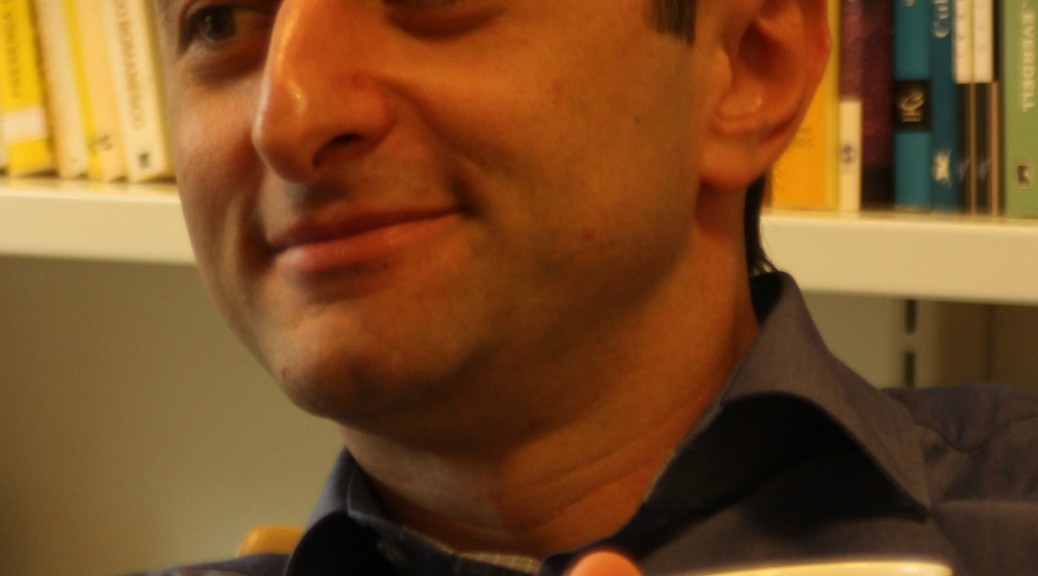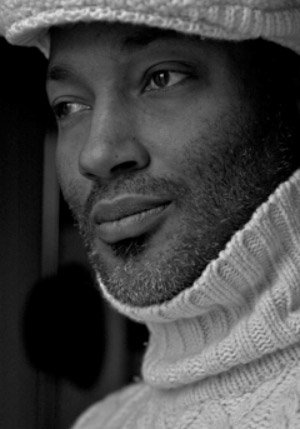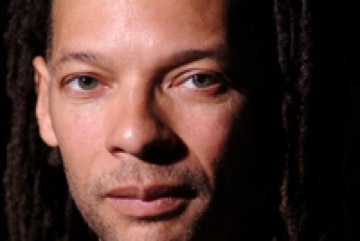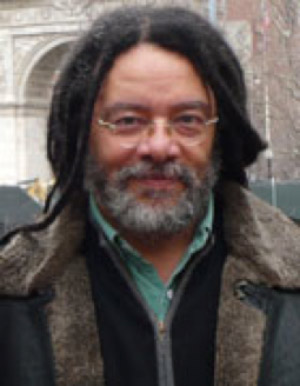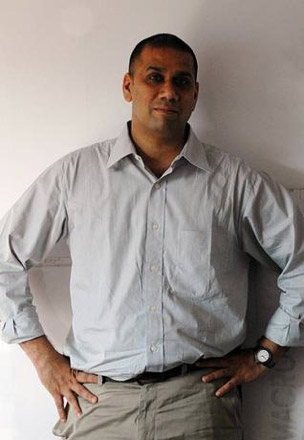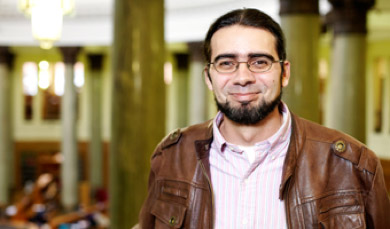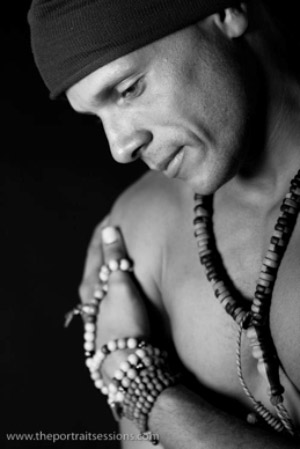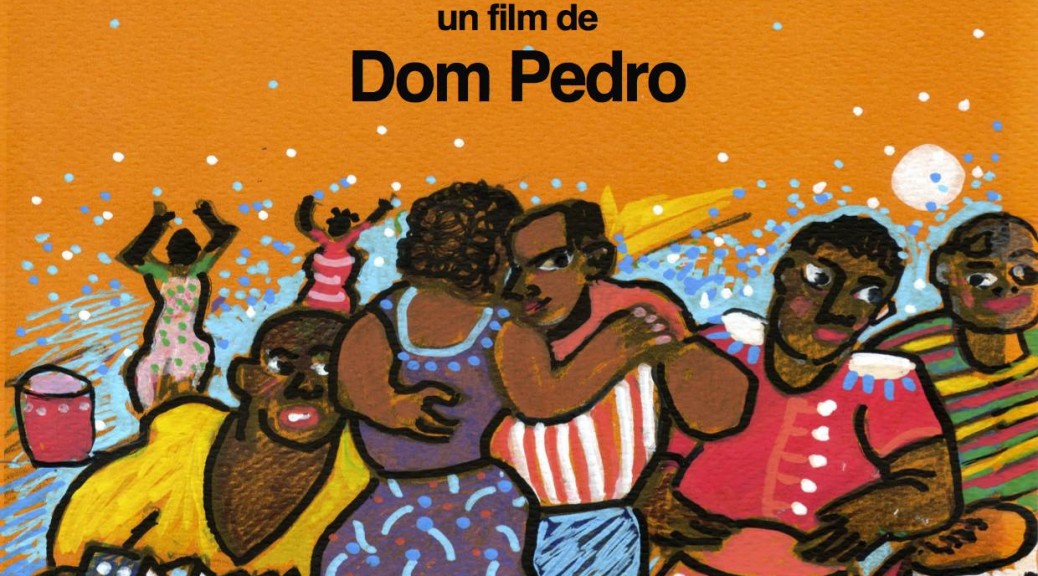Photo by Steve Martin Photography
Magna Gopal is one of the leading instructors and performers in the global salsa industry with over 15,000 followers across her social networks. She is world-renowned for her teaching methods, her creative musicality, and her ability effortlessly to connect, related and transfer knowledge to almost any demographic. A role model for dancers and women in general, she started from no background in dance to become one of the top solo female artists and instructors in a predominantly male-dominated industry.
Originally from India, she moved to Canada with her family, where she obtained her BA in Economics and International Relations at the University of Toronto while being simultaneously exposed to Latin dance culture. After completing her degree she decided to pursue her passion in dance relentlessly. Starting out with performing and choreographing for Toronto-based student and professional teams, she later branched out on her own, moving to the New York/ New Jersey area, where is is based. As one of the self-taught wonders of the salsa world, she accredits her pedagogy to the fact that she had to discover and analyse body movement by herself. Her methodology, affable nature, and genuine desire to see individuals grow have made her one of the most respected and sought-after instructors and dancers. She has taught and performed in over 5 countries and has shared the stage with the best-known dancers and top Latin bands, including Jimmy Bosch, El Gran Combo, New Swing Sextet, Mambo Legends and Bronx Horns.
Magna was a Featured Dances and Assistant Choreographer for the short film ‘Mano’, which won Best Cinematography at the Sol Dance Film Festival, and has choreographed for many teams and couples since. She has released two instructional DVDs and is working on new releases. Though salsa is her forte, she also dances West Coast Swing, Bachata, Kizomba, Semba, Tango, Forrò, and Samba de Gafieira. Her desire is to teach and motivate people to be better dancers while inspiring them to grow as individuals and challenge cultural norms through an increased awareness of, and respect for, the human connection within dance. One of her mottos is ‘learn the rules, master the rules, break the rules’, and she encourages others to explore this philosophy as well.
www.MagnaGopal.com
www.Facebook.com/MagnaGopalPublic
www.YouTube.com/MagnaGopal


